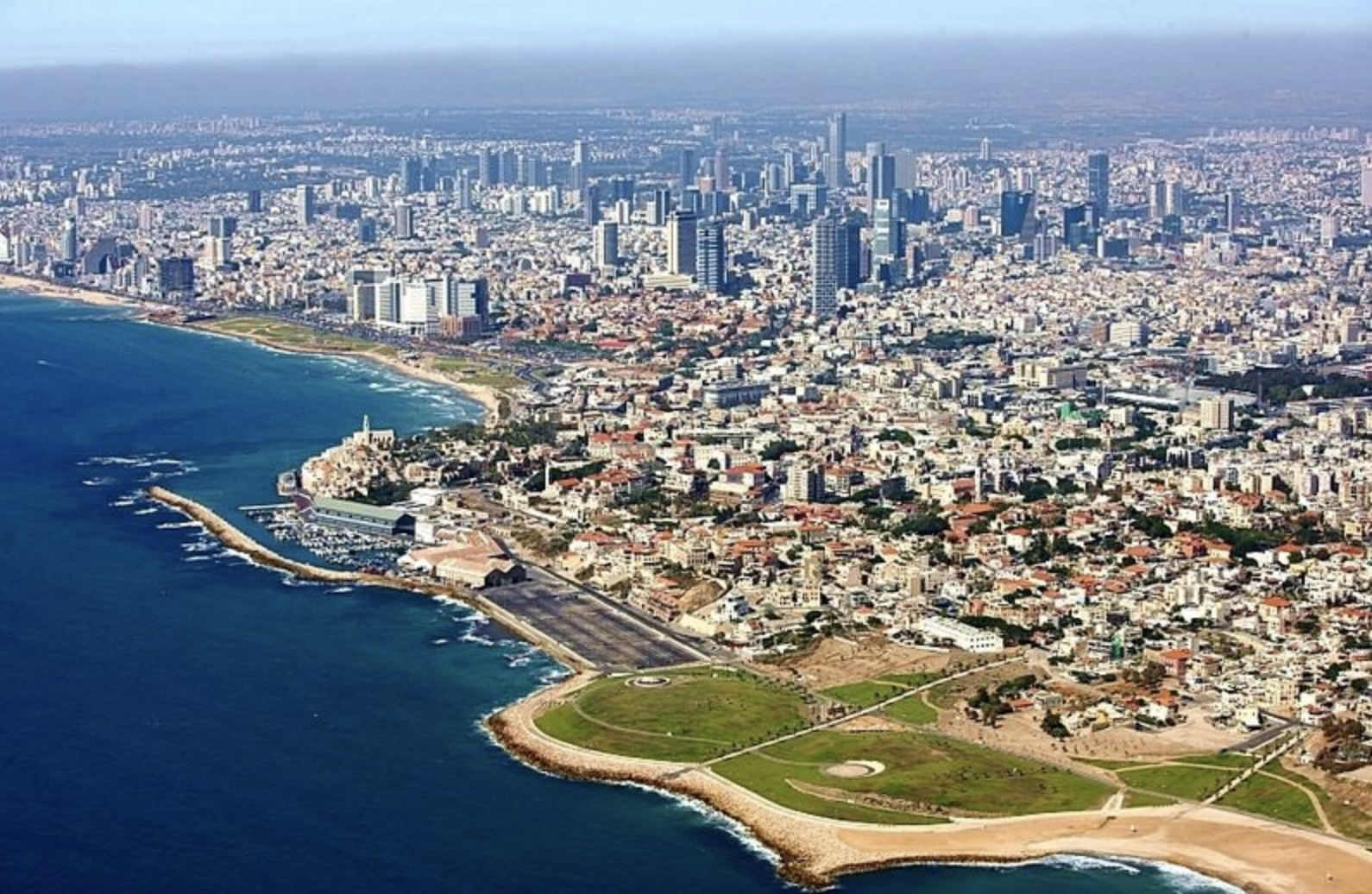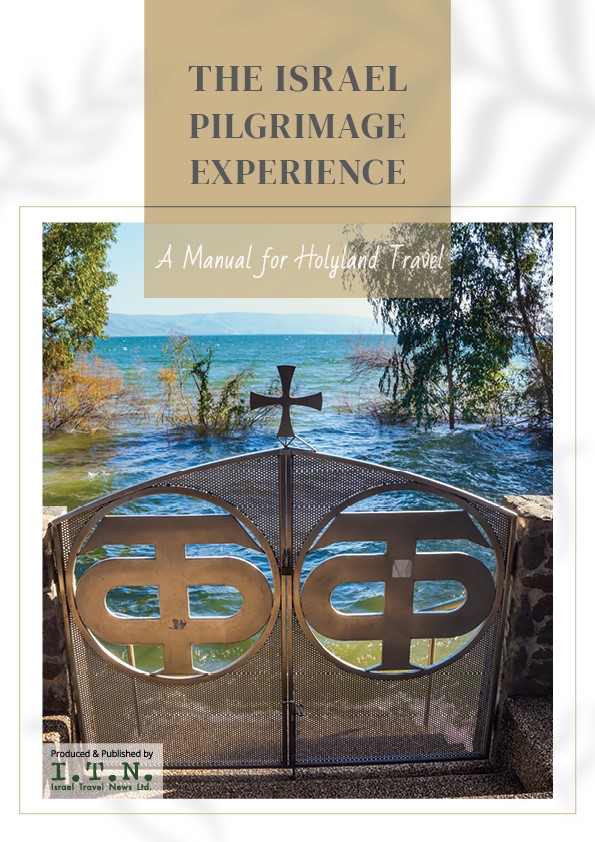
Tel Aviv-Yafo 2030. That’s the name of the new master plan for Tel Aviv and Jaffa’s tourism sites for the next decade. Ron Huldai, Mayor of Tel Aviv-Jaffa, Udi Carmeli, the city engineer, and Eitan Schwartz, CEO of Tel Aviv Global, presented the master plan for tourism for the coming decade, which will continue to promote the city’s positioning as one of the most popular urban destinations in the world.
The city will be one of the world’s leading urban destinations, based on three main anchors: a rare beach with vibrant urban qualities; an extraordinary mix of culture, art, night life, culinary scene, an inviting and safe public space, identification with technology and innovation and pluralistic and creative values; Jaffa, which combines heritage, history, religion and multiculturalism.
According to the research data, in 2018, approximately 2,200,000 tourists visited Tel Aviv-Yafo.
The four components of the master plan for tourism to Tel Aviv-Yafo include:
- The city as a tourist destination. Target audiences, branding and marketing: Focusing on audiences and tourism niches to realize their potential in the city – dedicating great efforts to hosting international conferences, expanding activities to adapt the Tel Aviv product to the unique characteristics of the Chinese audience, highlighting the location of the city as part of the national history and the life of the Jewish people, and expanding services and attractions for families with children.
- Attractions, tourist sites and tourist infrastructure: The establishment and promotion of tourist attractions, services and infrastructure and improving the tourist experience in the city. Promoting a new attraction each year, including the “must see” attraction in the city and the accessibility of existing content to tourists through information centers, signs and guidance facilities, language accessibility, transportation infrastructure and more.
- The development of hotels and tourist accommodation: Significantly increase the supply of rooms by accelerating the construction of new hotels, emphasizing the conversion of office buildings to hotels and striving to regulate the rental market for tourists. The goal: multiplying the number of hotel rooms in the city within a decade (currently 10,500 hotel rooms). Some 12,000 additional hotel rooms are already approved.
- Intelligent and integrative management of tourism in the city: The addition of activity channels that include, inter alia, the tourism product development unit and the hotel accommodation development unit; Increasing the budgets for activity and the ability to influence, while moving the World City Administration to a business approach and institutionalizing management routines.

